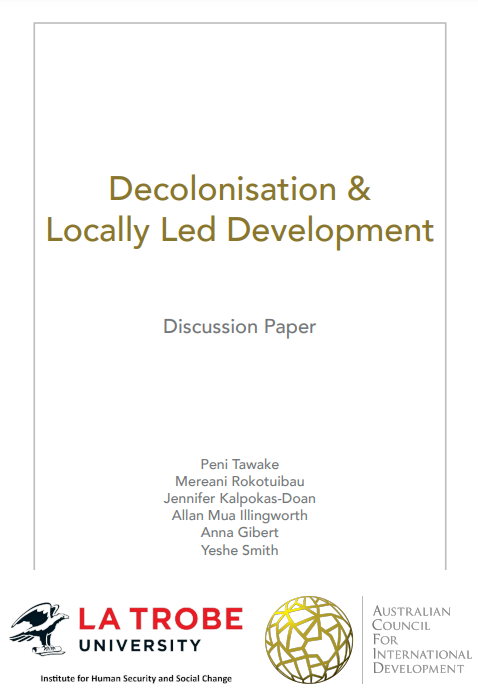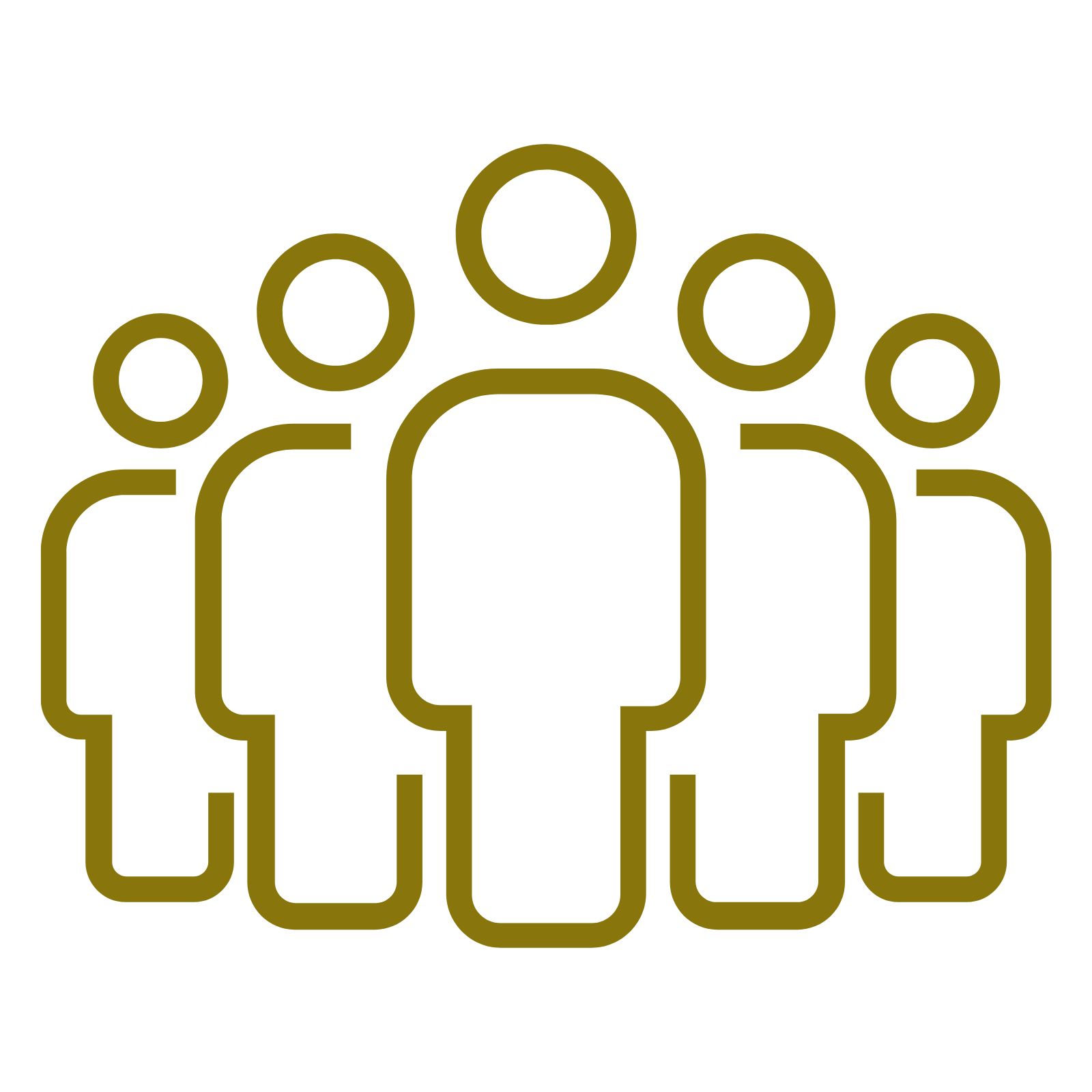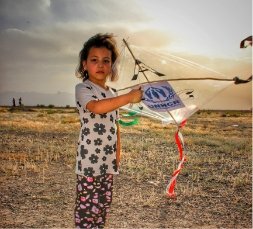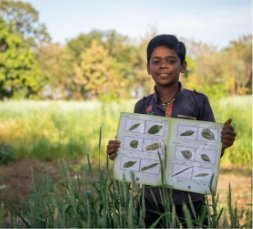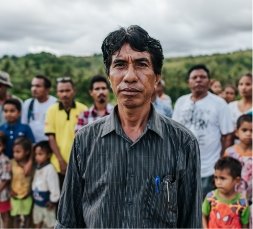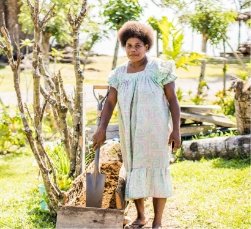Walk the Talk on Inclusive Development, Locally Led Development, and Racial Justice
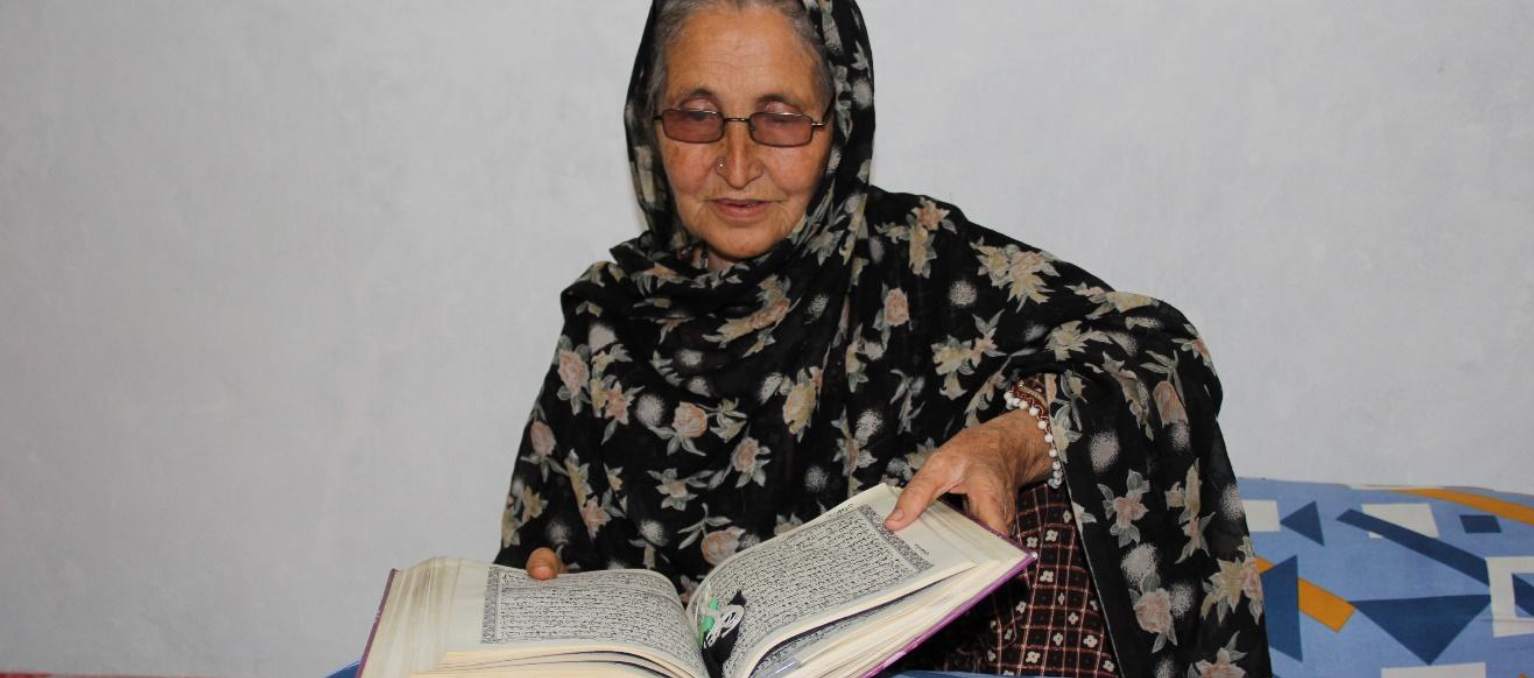
For the past eight years, Haseena has lived with constant pain and irritation in her eyes from trachoma, the world’s leading infectious cause of blindness.
Due to her condition, the 53-year-old mother of two in Pakistan’s Chitral District was left unable to work, relying on her husband’s modest wage as a labourer to support her family.
One day a Lady Health Worker visited Haseena’s village and identified her as an eligible patient for trachoma trichiasis surgery. She advised Haseena and her family to visit a nearby eye camp organised by The Fred Hollows Foundation in Chitral.
Haseena went to the camp and underwent surgery on both of her eyes, saving her sight.
After the surgery, Haseena and her family were overjoyed and expressed thanks to The Fred Hollows Foundation and its donors for providing her relief from the pain she had suffered for eight years. She was overcome with joy that she could now cook for her family again and have sound sleep, free of pain. Photo: The Fred Hollows Foundations Australia.
As part of our commitment to advancing effective and inclusive development, ACFID has:
- Developed resources and materials to support our members to work in ways that support equality and inclusion, including through learning events, training, and good practice guidance.
- Included clear commitments and quality principles to support rights, protection & inclusion, and participation, empowerment & local ownership in the ACFID Code of Conduct.
- Delivered training to ACFID secretariat staff to support equality and inclusion, including Accessibility Training to ensure our work is accessible to people with disabilities
- Developed policy briefs on the rights and wellbeing of children, disability-inclusive development and gender equality as part of our Policy Platform for the 2022 Federal Election.
- Engaged in policy dialogues with members, government and other stakeholders to advance gender equality, disability-inclusive development and rights-based approaches to development.
- Undertaken advocacy to highlight the importance of a genuinely inclusive aid program, including by calling for increased investment in Gender Equality, Disability, and Social Inclusion (GEDSI) programming.
Locally Led Development
You can read more about ACFID’s commitment to effective and inclusive development in our Strategic Plan and Advocacy Agenda.
You can also read about ACFID Council’s resolution to more equitable and just ways of working, which prioritises local knowledge, expertise, leadership and autonomy.
Read ACFID’s consolidated response to DFAT’s Discussion Note on Locally Led Development here (December 2023).
Anti-Racism and Racial Justice
ACFID wish to initiate a vital dialogue amongst members about representation, participation, and access to decision-making. We are open to where members may go in the future with dialogue and options to address these critical issues,
but we believe it is not an option to not to discuss these matters.
As part of our commitment to racial justice, ACFID has:
- Resolved to build greater representation, participation and access to decision making with peoples of varied cultural and racial origins and intersections in the sector
- Supported the formation and development of the Racial Justice Community of Practice (RJCOP). Members are encouraged to join
- Delivered training to ACFID secretariat staff and Members to support inclusion and racial justice, including anti-racist training with the organisation Hue
- Amplified anti-racist practices within the Code of Conduct, including developing guidelines on good-practice for locally-led development
- In partnership with the RJCOP, developed a racial justice framework and resource hub for organisations. See below for the Racial Justice Resource Library Guide. An interactive format will be coming to Learn with ACFID soon.




